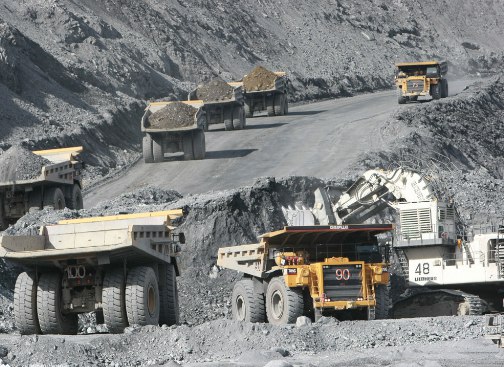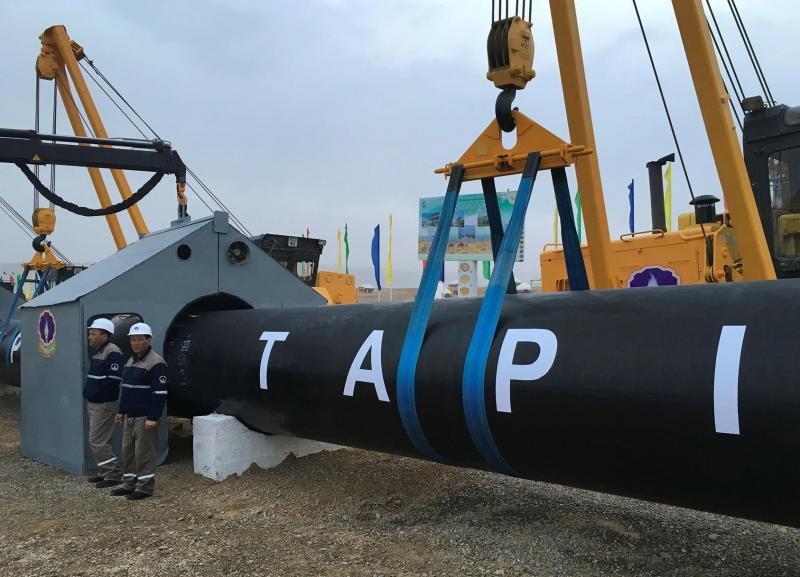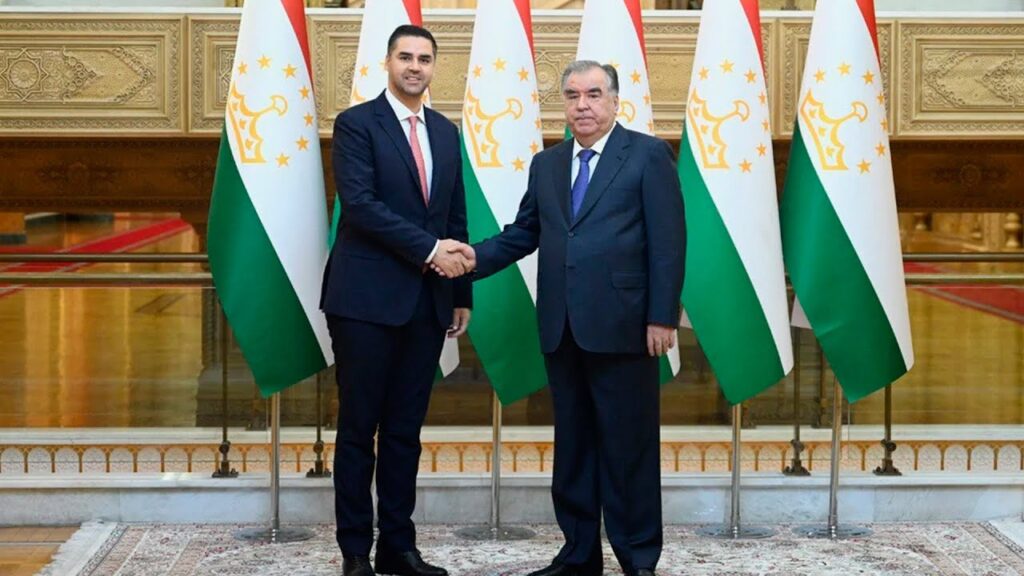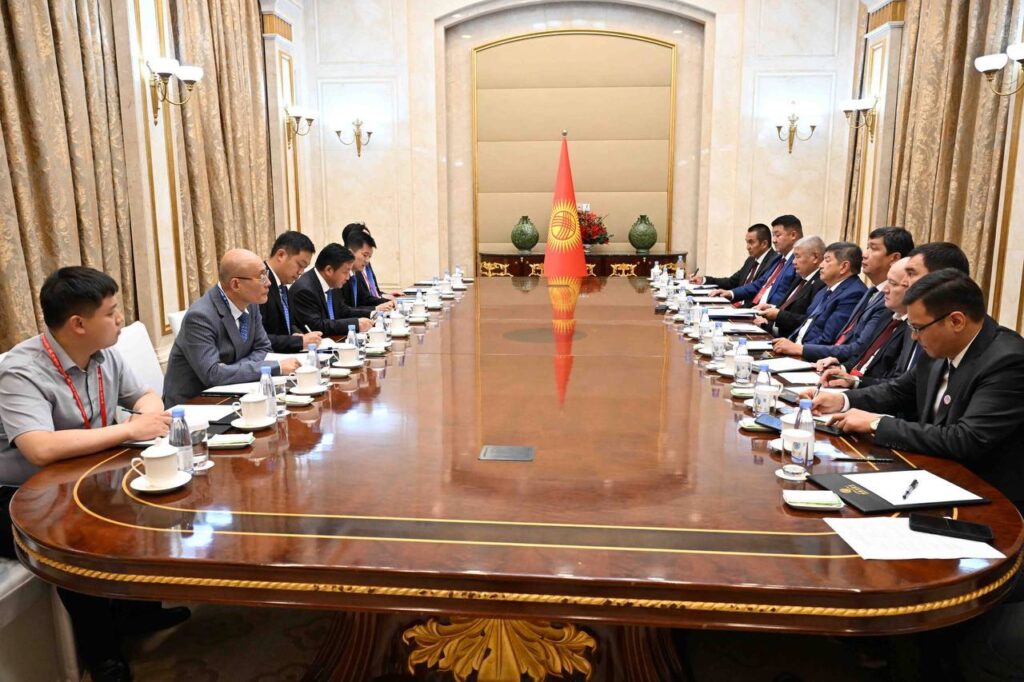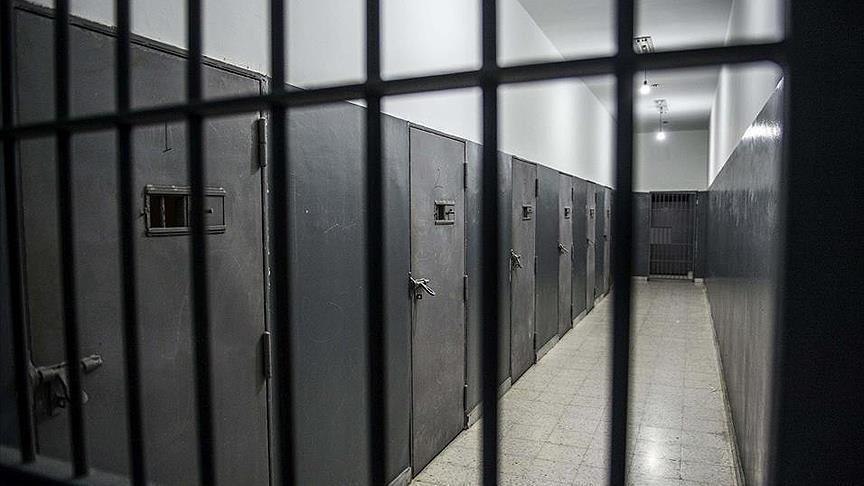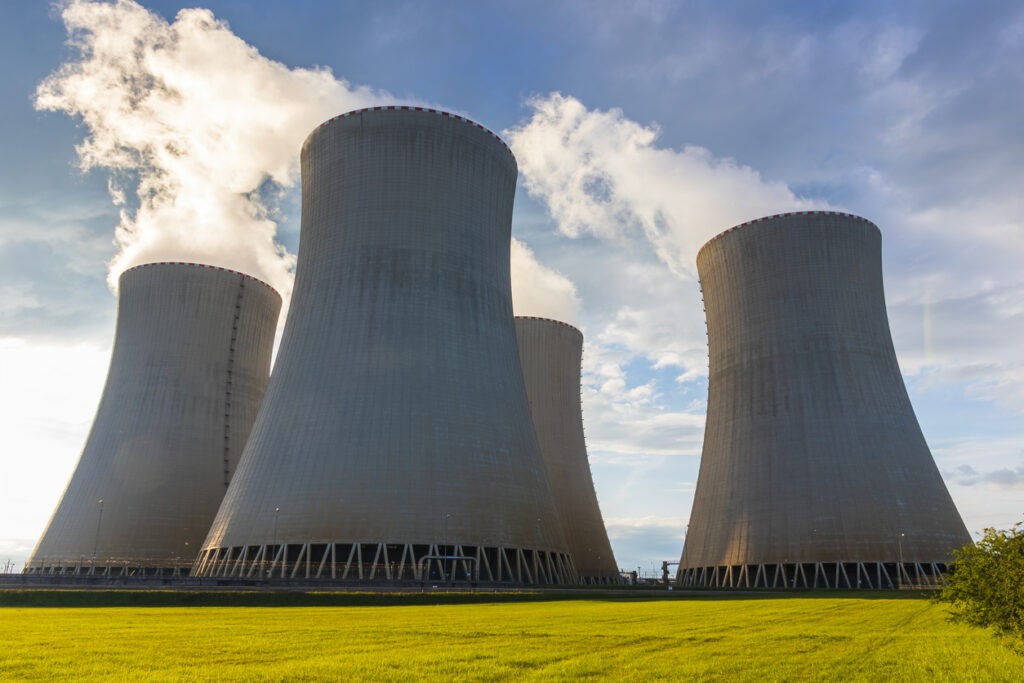Will Kumtor’s ‘Tails’ Benefit or Harm Kyrgyzstan?
The Finnish company Metso is set to develop a tailings pond at Kyrgyzstan’s Kumtor goldmine but local environmentalists are sceptical, claiming that recycling the waste will bring more damage to the environment than economic benefits.
“Tailings” are liquid and solid metal (pulp) remnants of ore processing and according to various estimates, Kumtor’s tailings pond contains 70 to 130 tons of gold that could not be mined at the plant. The remnants of precious metal with harmful waste are mothballed, making secondary mining extremely difficult.
The Kyrgyz government however, believes that cooperation with the Finns could provide the state with an annual revenue of some $3.5 billion.
Isakbek Torgoev, head of the geo-environmental monitoring laboratory at the Institute of Geomechanics and Subsoil Development of Kyrgyzstan and a candidate of technical sciences, told the Times of Central Asia that the Kumtor tailings pond, grandiose in volume, has over a hundred million tailings.
“Throughout the entire phase of the mine -over 30 years – ores were taken from different parts of the Kumtor deposit. At times, ores containing 1.8 grams of gold per ton were dumped in the tailings pond. By comparison, at the Boruu gold mine in Mongolia, that amount of gold is contained in the mined rock, but here it is in the tailings. This is a lot,” notes Torgoev.
The scientific institute believes that dangerous chemical processes occur in the abandoned ores.
“Frankly speaking, I am sceptical about such a development, given that very few successful examples exist worldwide. Especially at Kumtor, with its difficult climatic conditions and frigid winters. Theoretically, the work can be carried out, but practically, we’ll see,” commented the scientist.
According to Torgoev, the price of gold may fall, and because of unprofitability, the Finnish company could refuse to process tailings. Moreover, the reclamation of tailings is a very complicated technological process. In addition to constructing water drains, a layer of a meter thick soil is required to cover them. Otherwise, the waste will go into the rivers and soil, harming the environment. The former owners of Kumtor, the Canadian company Centerra Gold, accumulated about $60 million for the reclamation of the tailings pond after the mine was depleted (tentatively in 2027). However, after the nationalization of the mine, the fate of these funds remains unknown.
According to the Ministry of Emergency Situations of Kyrgyzstan, there are 92 burial sites for toxic and radioactive substances in the country. Of these, 23 tailings contain uranium elements, while the rest are buried with radioactive rock residues, heavy metals, and cyanide.


